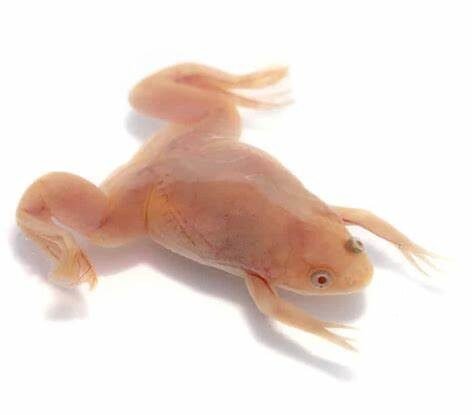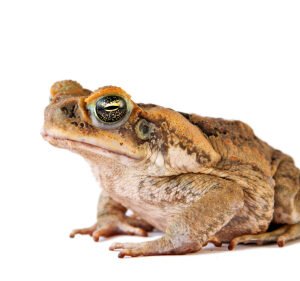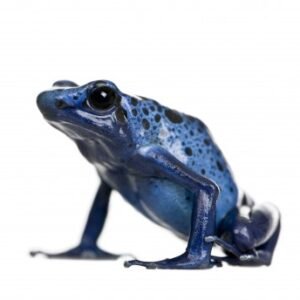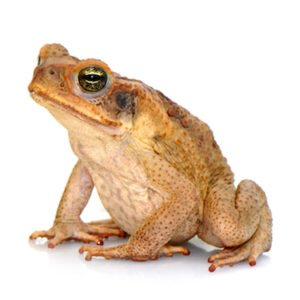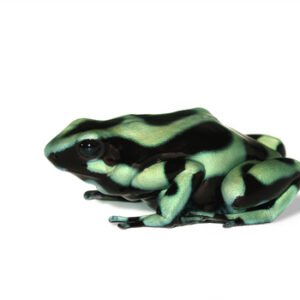Understanding the African Clawed Frog: Habitat and Behavior
The African Clawed Frog (Xenopus laevis) is a species native to the freshwater habitats found throughout sub-Saharan Africa. These frogs are typically discovered in a variety of environments such as ponds, marshes, and rivers, all characterized by relatively still or slow-moving water. Their natural habitats usually feature lush vegetation, providing ample cover where they can hide from potential predators. The African Clawed Frog has adapted well to aquatic life, with a streamlined body and webbed feet that facilitate efficient swimming.
african clawed frog for sale
In their habitats, these frogs can reach sizes of up to 4 to 5 inches (10 to 12 cm) in length. They possess a distinct smooth skin that ranges in color from olive green to brown, often featuring irregular patterns that help them blend seamlessly into their surroundings. One key characteristic of the African Clawed Frog is their claws, which serve multiple functions including aiding in burrowing and grasping prey. This physical adaptation not only emphasizes their unique evolutionary path but also highlights their predatory behaviors.
Behaviorally, African Clawed Frogs present fascinating social interactions. They are largely nocturnal, emerging at night to hunt for insects, small fish, and other organic matter. While they are solitary creatures, they are known to exhibit a degree of social hierarchy when they are kept in groups. Interestingly, these frogs can be aggressive towards one another, especially during breeding periods. It is crucial for pet owners to mimic their natural environments in captivity to ensure optimal well-being. Providing adequate space to swim and explore, along with sufficient hiding places, can significantly improve their quality of life. Understanding these aspects of their natural behavior will greatly aid in the domestication and overall care of the African Clawed Frog in home aquariums.
Setting Up the Perfect Tank for Your African Clawed Frog
Creating the ideal habitat for your African Clawed Frog is essential for its health and well-being. A suitable tank will provide a space that mimics the frog’s natural environment while accommodating its specific needs. The recommended tank size for these amphibians is at least 20 gallons, as they require ample swimming space. A larger tank not only benefits the frog but also helps maintain stable water conditions.
Water quality is paramount for the African Clawed Frog. It thrives in clean, dechlorinated water with a temperature range of 75°F to 80°F. Regular testing of the water’s pH, ammonia, and nitrite levels is important to ensure they remain within the appropriate range. A quality filtration system is crucial, as it will assist in maintaining water clarity and quality while reducing the frequency of water changes. However, ensure that the current isn’t too strong, as these frogs prefer calm waters.
For substrate, options like sand or smooth gravel are ideal since they provide a comfortable surface without sharp edges that could injure the frog. Additionally, include various decorations such as rocks, logs, and aquatic plants to create hiding spots and enrichment. This mimics their natural habitat, promoting exploration and reducing stress levels.
african clawed frog for sale
Lighting also plays a role in your tank setup. Although African Clawed Frogs do not require specific lighting, having a light schedule that imitates natural day and night cycles will benefit both the frog and any aquatic plants you may add. Feeding your African Clawed Frog is another key aspect of maintaining its health; offering a variety of foods, including pellets, live or frozen worms, and insects, will ensure a balanced diet. By following these guidelines, you will provide a clean, stimulating environment that supports the welfare of your African Clawed Frog.

